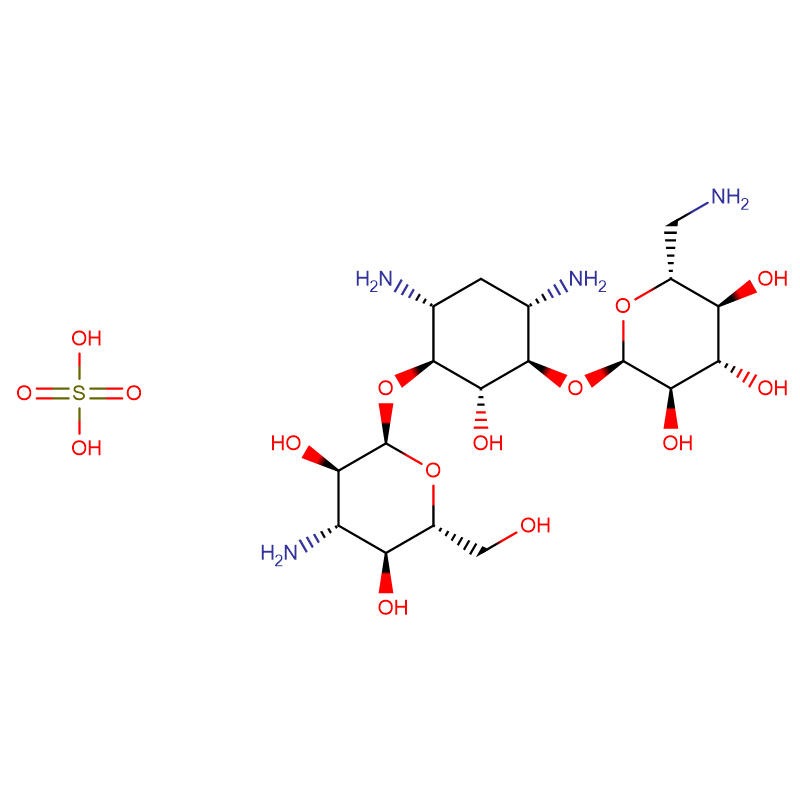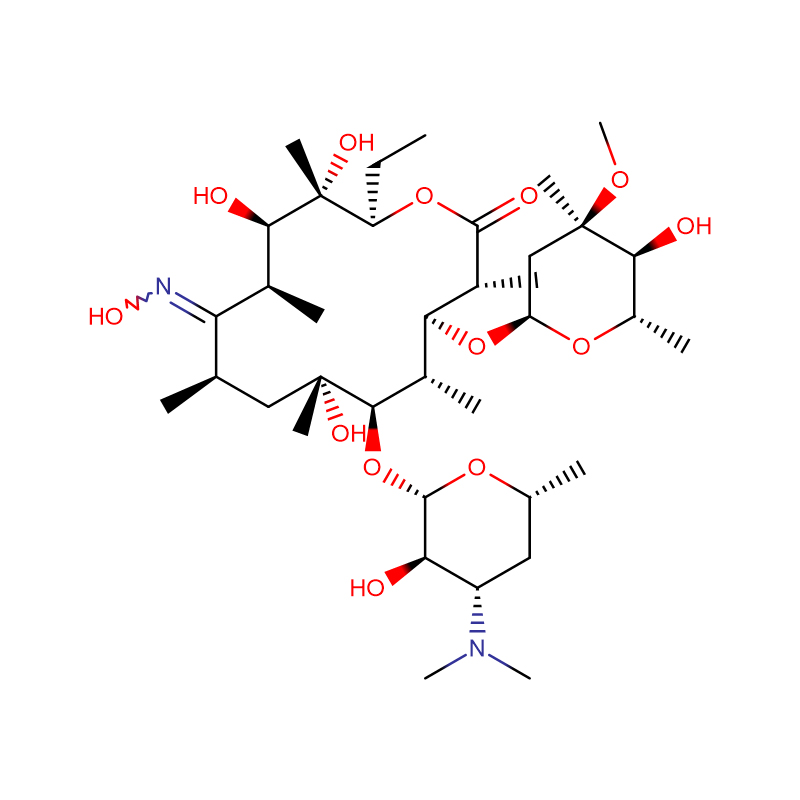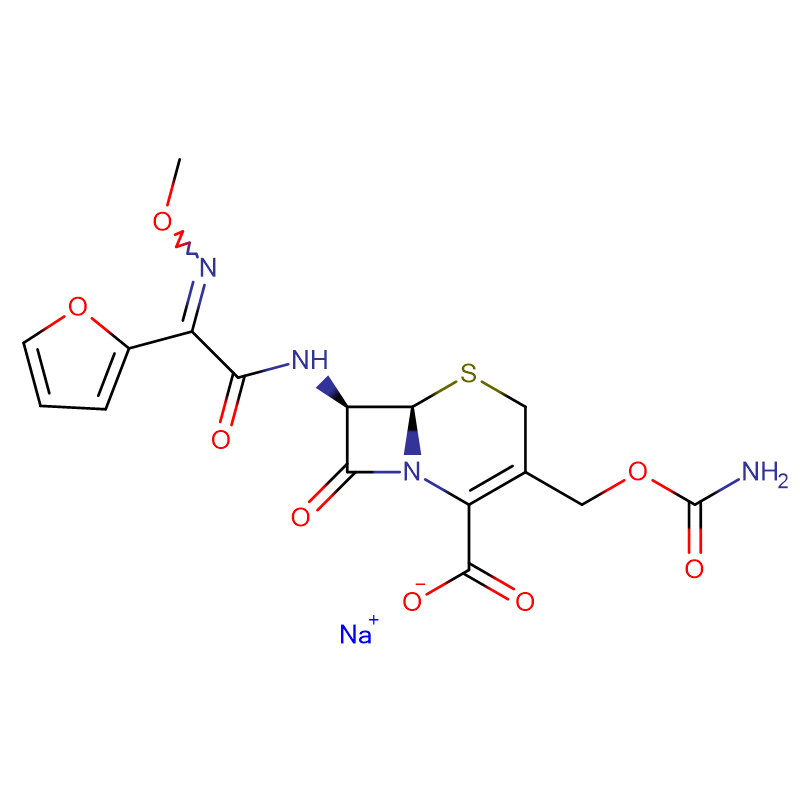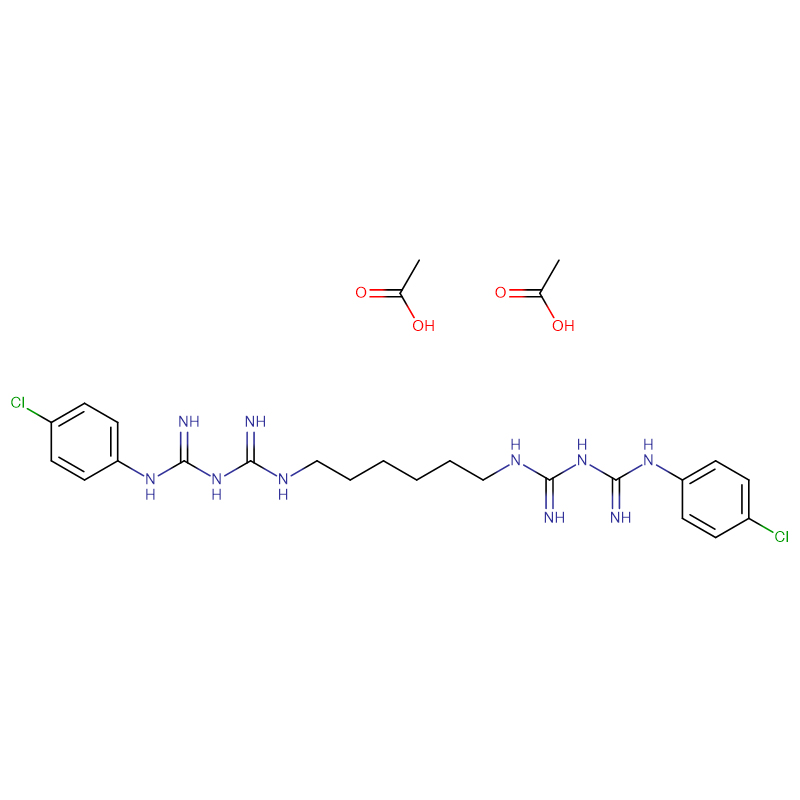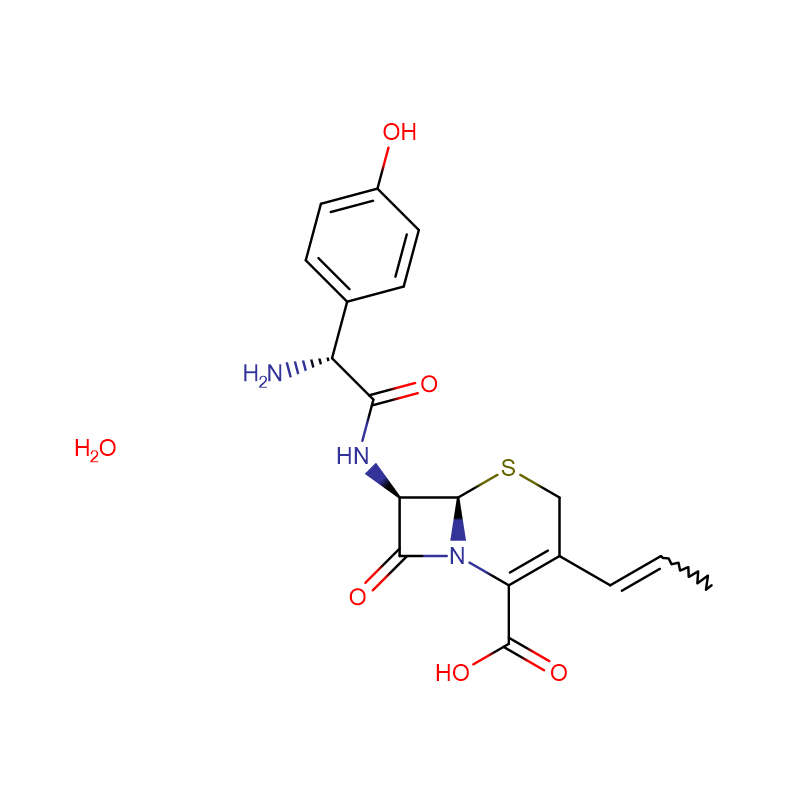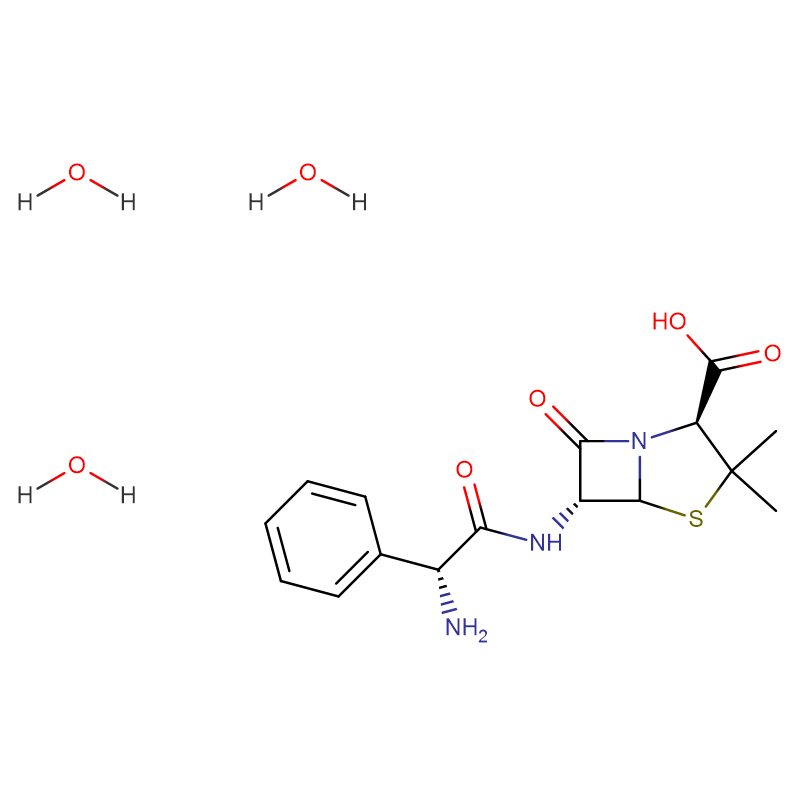Kanamycin A Sulfate CAS:25389-94-0 White crystalline powder
| Catalog Number | XD90363 |
| Product Name | Kanamycin A Sulfate |
| CAS | 25389-94-0 |
| Molecular Formula | C18H36N4O11 · H2O4S |
| Molecular Weight | 582.58 |
| Storage Details | 15 to 30 °C |
| Harmonized Tariff Code | 29419000 |
Product Specification
| Grade | USP |
| pH | 6.5-8.5 |
| Bacterial endotoxin | <0.60EU/mg |
| Loss on Drying | 4.0% max |
| Solubility | Freely soluble in water, insoluble in acetone in ethyl acetate and in benzene |
| Assay | >750ug/mg |
| Sulphated Ash | 11 - 17.7% |
| Residue on Ignition | <1.0% |
| Specific optical rotation | +112 - +123 |
| Residual Solvents | Ethanol 2000ppm Max |
| Total Impurities | 3.0% max |
| Appearance | White crystalline powder |
| Manufacturing Date | TBC |
| Kanamycin B | 1.5% max |
| Any unknown impurity | 0.45% max |
| Microbial Limit | 25cfu/g Max |
Antimicrobial proteins/peptides have attracted much attention because of their potential use in the industrial setting. In the present study, a thermostable antimicrobial protein (BSAMP) was purified from the culture supernatant of Bacillus subtilis FB123 by ammonium sulfate precipitation, gel chromatography on Sephacryl S-200 High Resolution, and ion exchange chromatography on DEAE Sepharose Fast Flow column. The molecular weight of the purified BSAMP was 54 kDa, as estimated by sodium dodecyl sulfate-polyacrylamide gel electrophoresis both in the absence and presence of β-mercaptoethanol. Its isoelectric point was determined to be 5.24 by isoelectric focusing electrophoresis. Periodic acid-Schiff staining revealed BSAMP to be a glycoprotein. Maximum activity was obtained at pH 6.0, with over 79% maximum activity retained at pH 3.0-5.0 and pH 7.0-9.0, respectively. BSAMP was shown to be highly thermostable, as its activity did not change obviously after treatment at 100 °C. However, i t was partially sensitive to papain, trypsin, and alkali proteases. Finally, the bacterial protein exhibited broad-spectrum antimicrobial activity against several pathogenic organisms. These findings suggested that BSAMP should be further developed as a natural antibacterial agent for disease prevention in aquiculture and agriculture.


